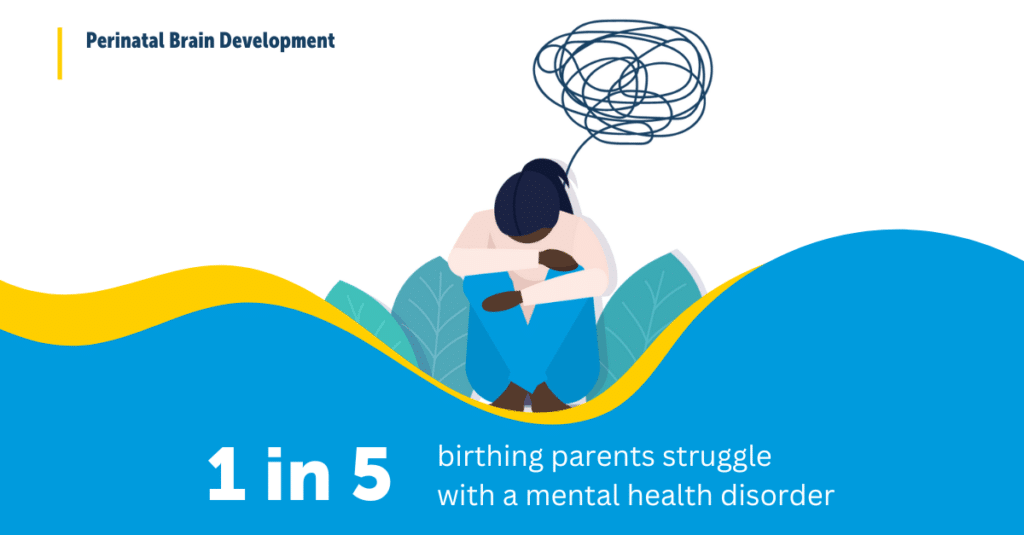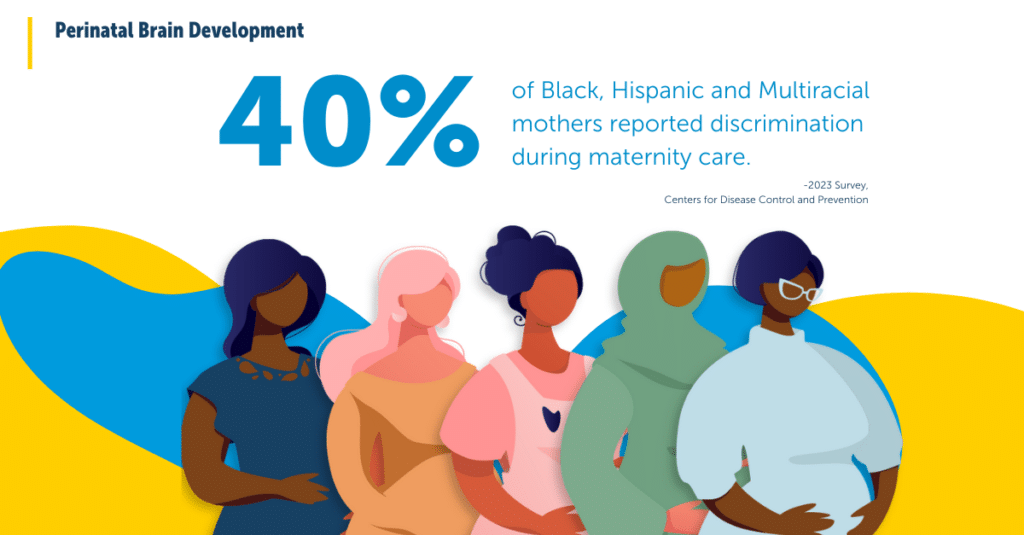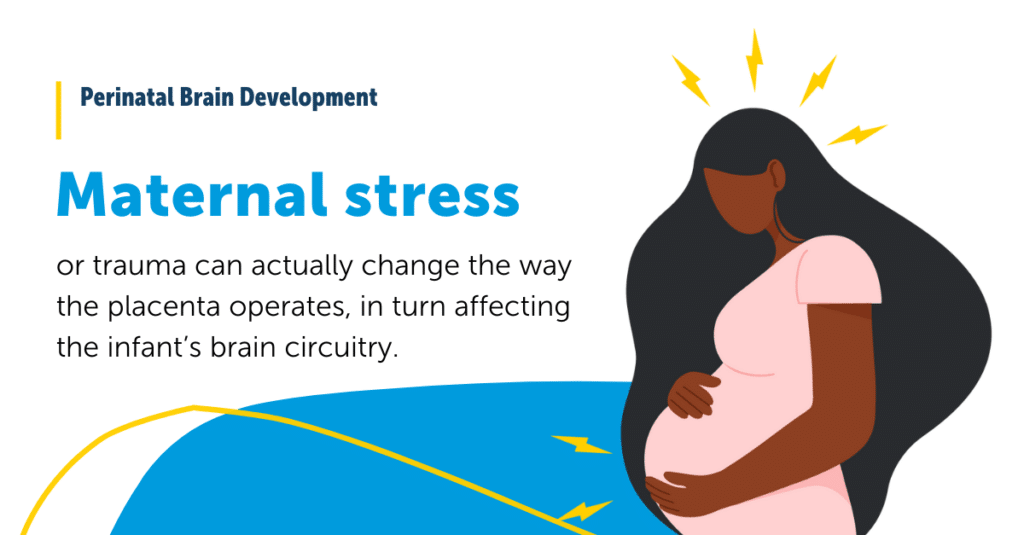
Distillation
What do mental health issues in young children look like?
Babies and toddlers can and do suffer from mental health problems caused by trauma, neglect, biological factors, or environmental situations.
Details

At first I thought what I was feeling was just exhaustion, but with it came an overriding sense of panic that I had never felt before.
Rowan kept crying, and I began to dread the moment when Chris would bring her back to me. I started to experience a sick sensation in my stomach; it was as if a vise were tightening around my chest. Instead of the nervous anxiety that often accompanies panic, a feeling of devastation overcame me. I hardly moved. Sitting on my bed, I let out a deep, slow, guttural wail.
I wasn’t simply emotional or weepy, like I had been told I might be. This was something quite different.Brooke Shields
When Brooke Shields published her book “Down Came the Rain” in 2006, it brought postpartum depression and maternal mental health into the mainstream. Although previous decades included emerging research and public awareness campaigns, Brooke paved the way for destigmatization. Now prominent celebrities and social media personalities detail their journeys, and early childhood professionals are making significant strides prioritizing maternal mental health.
As many as one in five people struggle with a mental health disorder during pregnancy. Research shows that untreated maternal mental health issues, such as postpartum depression, can lead to significant long-term negative outcomes for both mothers and their children, including developmental delays and emotional difficulties in children.


A recent Yale/Columbia University study shows racial discrimination experienced by women during pregnancy may affect their infant’s brain circuitry.

Because the mental health of parents and caregivers is inextricably linked to infant and early childhood mental health, ensuring a strong start in life starts in the prenatal and perinatal period. With a focus on early intervention, comprehensive care and reducing stigma, we can work to identify and address mental health issues quickly and appropriately.



|
Do you Believe In Babies?
|